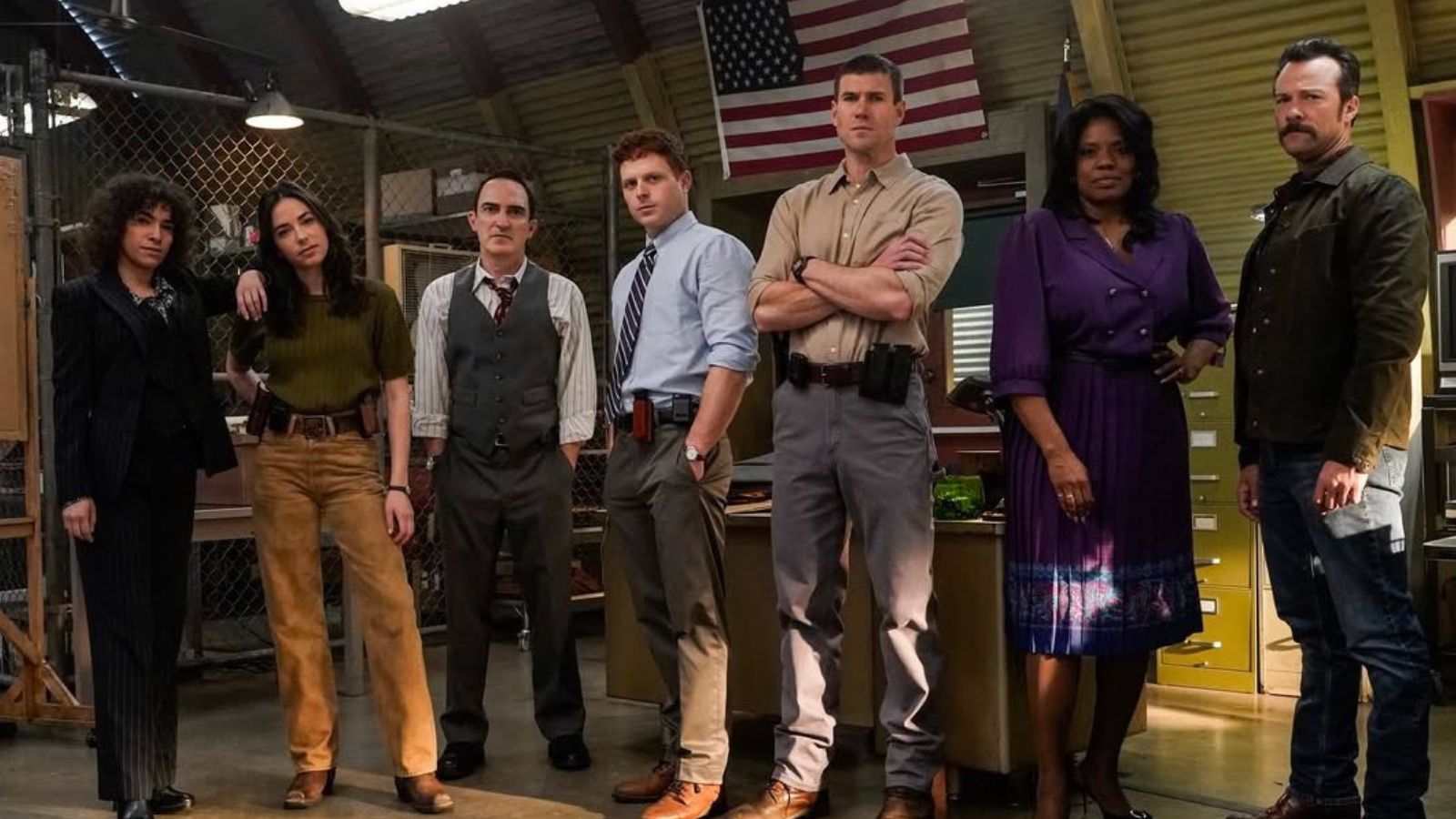
U.S. Copyright Office Pushes for Harsher Anti-Piracy Laws
- The United States Copyright Office has published its long-awaited DMCA review, and it’s a rich and lengthy one.
- The agency is proposing several modifications, including some that would effectively tackle piracy.
- The highlights include extending the application effect of subpoenas and termination of accounts on the ISP level.
The United States Copyright Office has published its review of the DMCA (Digital Millennium Copyright Act) safe harbor provisions, which are at the epicenter of piracy-themed debates for a long time now. As expected, the official government body has made several proposals that suggest tweaks and changes in the law, including things relevant to blocking pirate sites, upload filtering systems, and pirate prosecution. The review is the result of almost four years of work, during which the Copyright Office had to take into account about 92,000 comments submitted by rightsholders, tech companies, law scholars, and civil rights groups.
As the DMCA safe harbor provisions stand right now, they are protecting the following activities:
- Acting as a conduit for transmitting material through its system or network.
- Temporarily storing material for transmission (caching).
- Storing material at a user’s direction.
- Providing links or other tools for locating material online.
In accordance, the safe harbor provisions concern the following scenarios:
- Non-copyright claims, such as trademark infringement, unfair competition, rights of
publicity, invasion of privacy, defamation, etc. - Copyright claims under foreign law;
- The OSP’s own, direct infringing activities; or
- The OSP (online service providers) acting in concert with users to create infringements.
The Copyright’s Office report is making the following key recommendations to lawmakers:
- Better balance the rights and responsibilities of OSPs and rightsholders by fine-tuning section 512.
- Compel ISPs (internet service providers) to publish a clear infringer handling policy.
- Urge Congress to provide more clarity on when an internet user’s account should be terminated by their respective ISPs.
- Urge Congress to provide more clarity on when an ISP should take action when receiving a takedown notice from a copyright holder.
- Extend the application effect of DMCA subpoenas, and include ISPs in the order.
Of course, there are many more recommendations in the 200-page review, but that last one about the DMCA subpoenas is where the whole interest for online piracy lies. This is a suggestion that would make it possible for copyright holders to identify casual pirates and drag them to court. Also, the recommendation about clarifying when internet users should have their accounts suspended by the ISP is the same that IP attorney Kerry Culpepper presented as the ideal solution against piracy in our recent interview.






